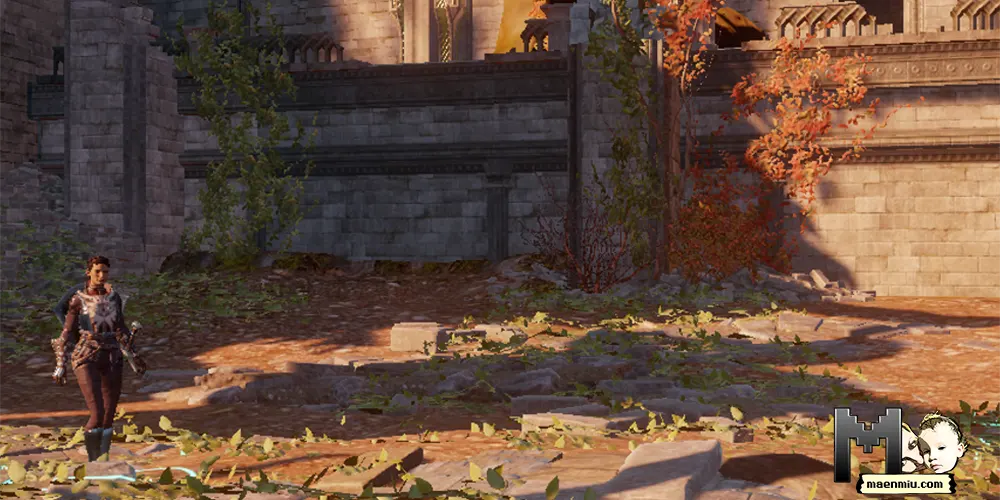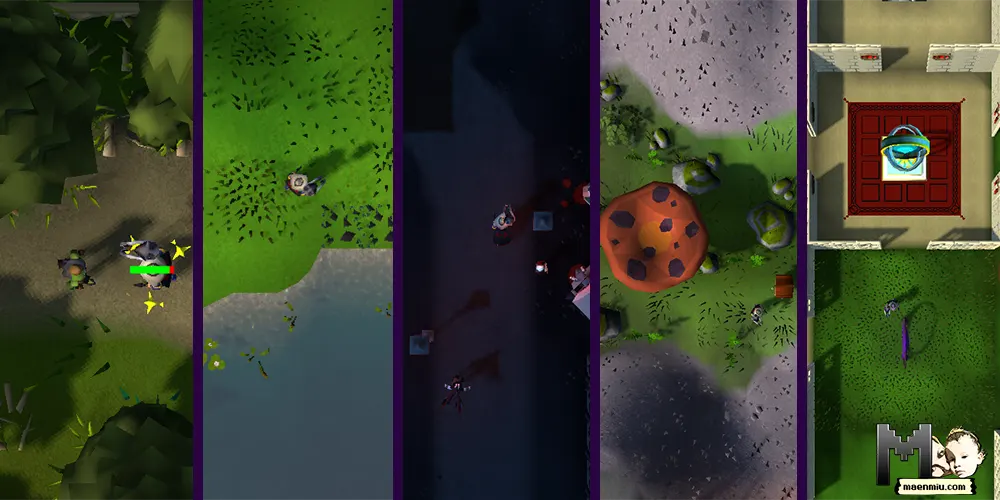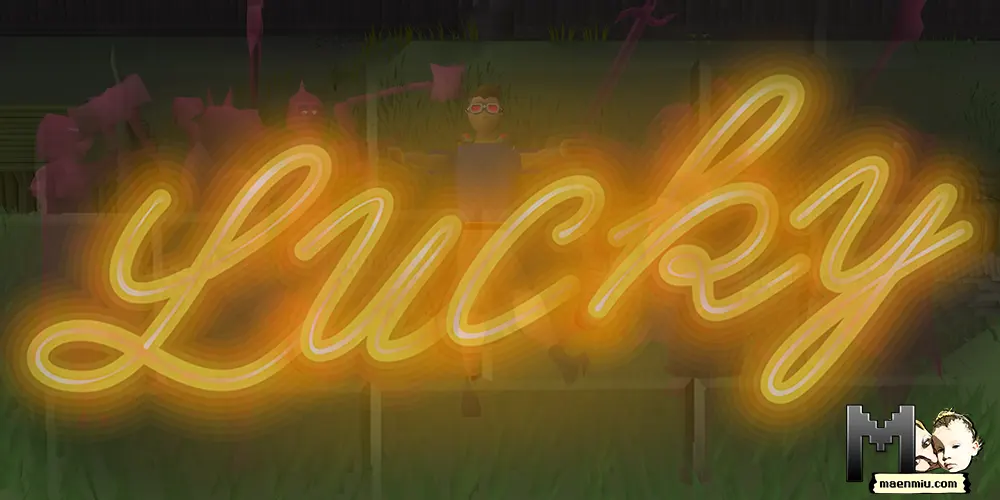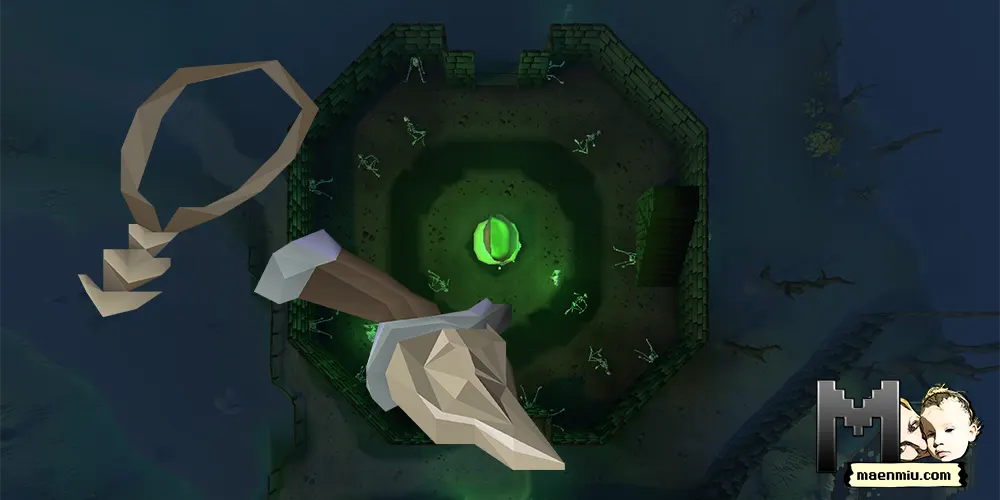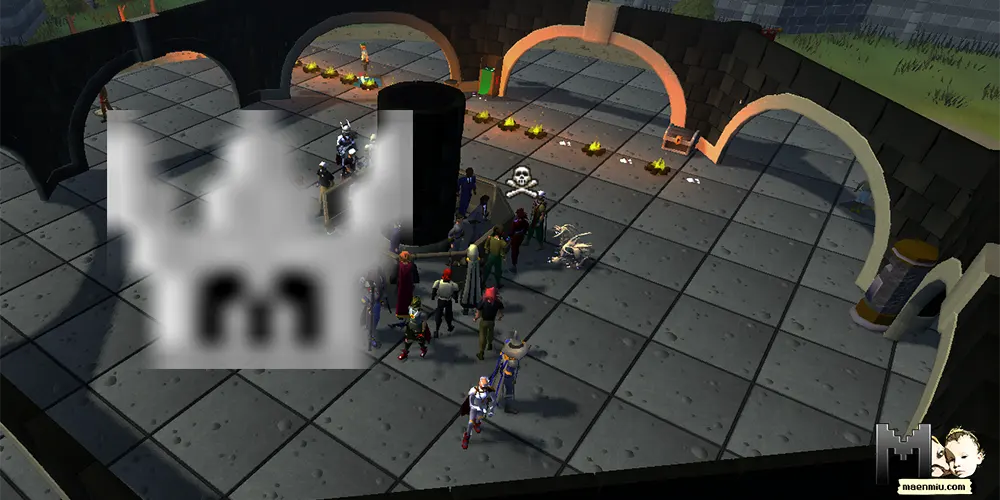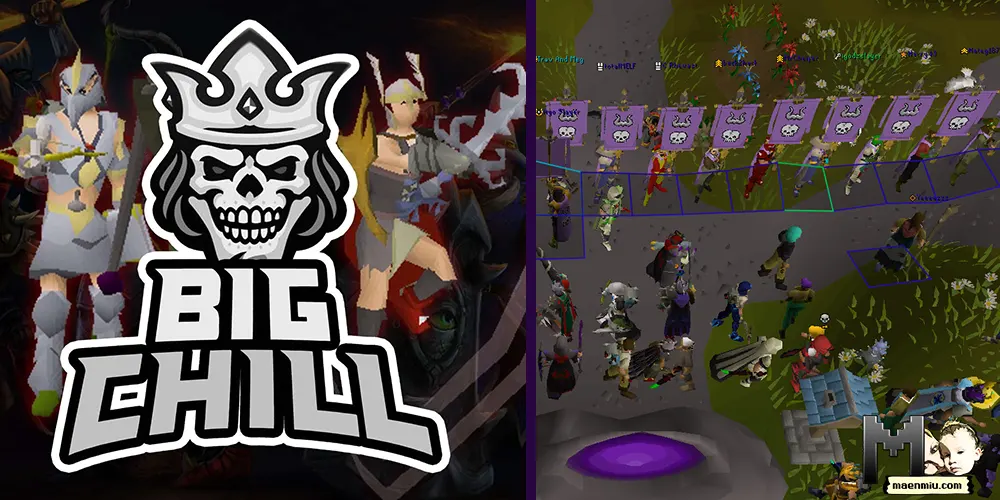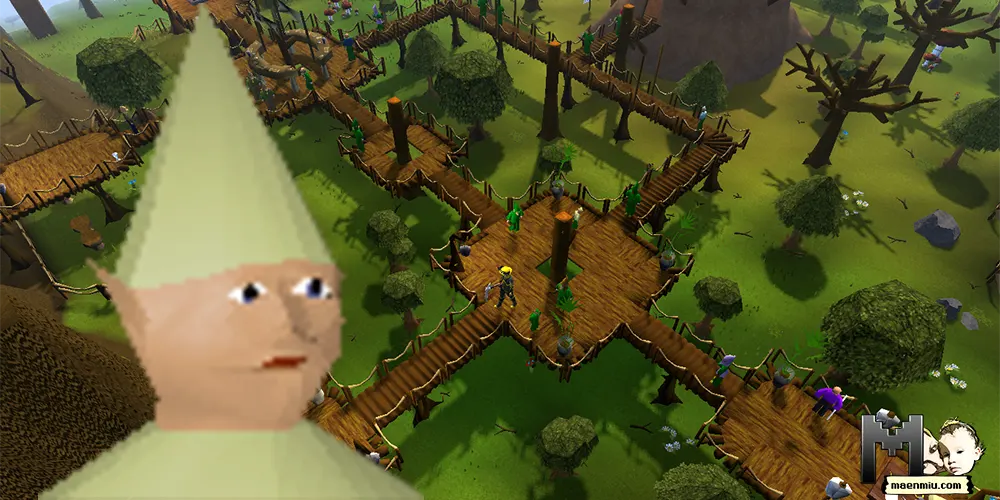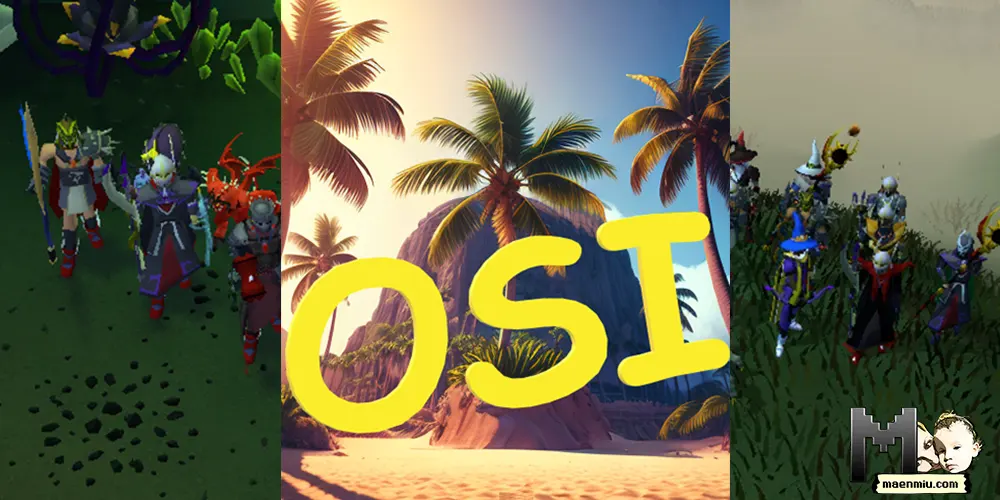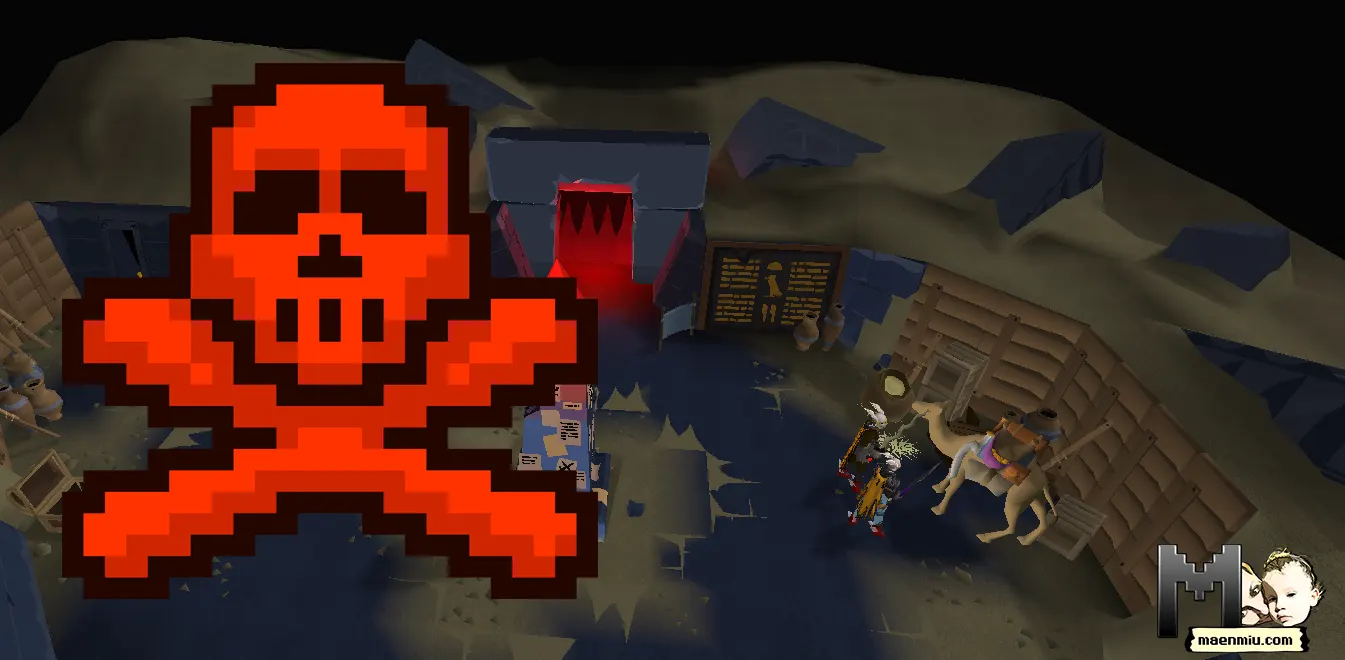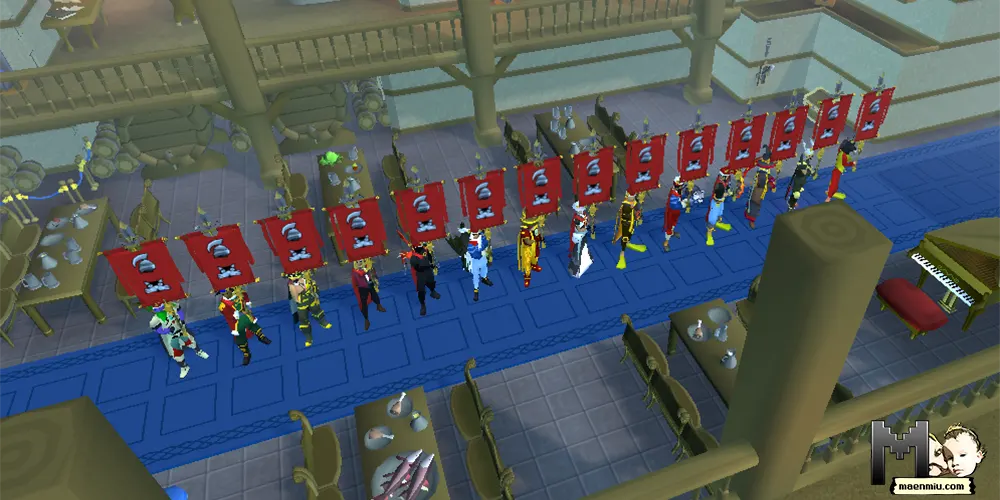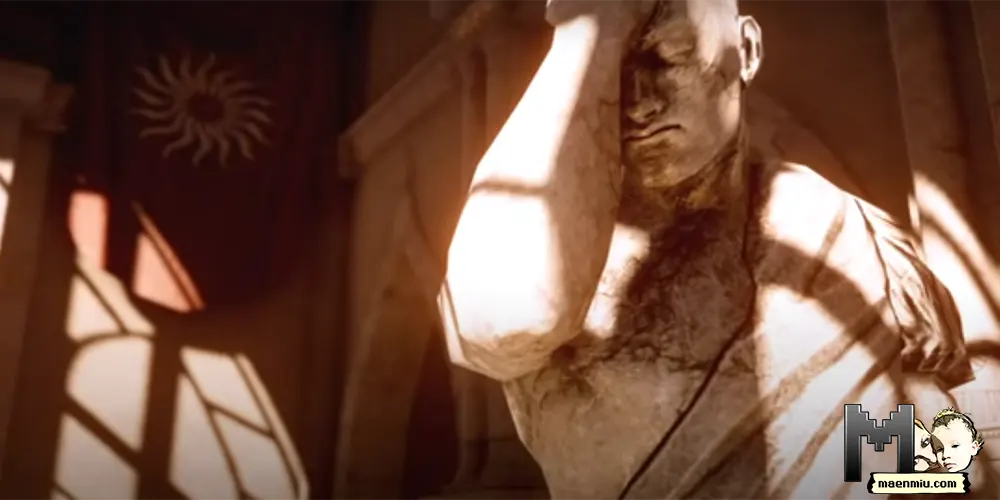
The world of Dragon Age, developed by BioWare, is filled with rich lore, an intriguing storyline, and compelling characters. An integral part of this world is the Maker, the god in the central religion of Thedas, the setting of Dragon Age. The Chantry, the main religious institution, narrates the tale of the Maker, His creation, and His subsequent abandonment of mankind.
The Maker is portrayed as a god who, initially, was benevolent, creating the world and its beings out of His love. However, He later became disappointed with His creation when the mortal beings failed to return His love, leading Him to retreat into silence. The Maker promises to return only when His creation proves its worthiness.
You might like
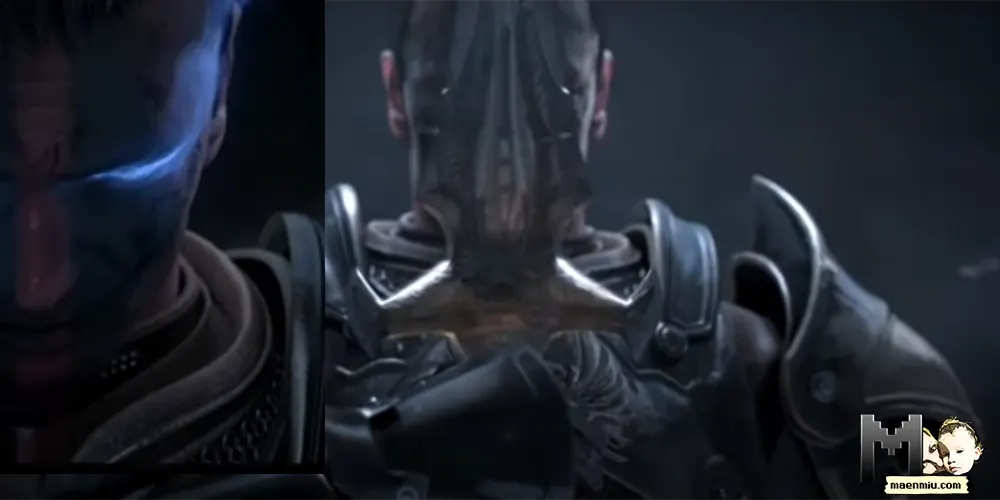
Dystheism: The Darker Side of Divinity
The concept of the Maker, as explained above, can be associated with dystheism, a philosophical belief in a god who is not wholly good and may display traits of indifference, neglect, or malice. Dystheistic perspectives tend to reject the idea of a perfectly good, benevolent deity and instead propose the existence of a god who may, at times, be indifferent to the plight of their creation or, in extreme cases, directly harmful.
The Maker and Dystheism: Tracing Parallels
In Dragon Age, the Maker’s decision to abandon His creation echoes dystheistic philosophy. He is not presented as evil or actively malevolent, but rather indifferent and neglectful. He has distanced Himself from His creation, demanding that they prove their worthiness before He will return.
This can be seen in stark contrast to the traditional theistic concepts where god is often seen as a benevolent figure constantly intervening in human affairs. Instead, the Maker’s absence and His silence create an atmosphere of uncertainty and question His goodness, reflecting the fundamentals of dystheism.
Moral Implications: Testing the Faithful
The idea of a god who withdraws until His creation proves its worth leads to several interesting moral and ethical implications within the game’s world. Followers of the Chantry are constantly striving to prove their worth to the Maker, to bring Him back into the world. This influences their actions, and by extension, the events of the game.
Such an interpretation of god adds depth and complexity to the game’s narrative and character development. It introduces grey areas in morality and presents a more nuanced approach to faith and divinity.
The Maker and Player Choices: Navigating Divinity in Gameplay
The dystheistic portrayal of the Maker also has a significant impact on the gameplay in Dragon Age. The players’ choices can either align with the Chantry’s teachings or challenge them, leading to different story paths and outcomes. The players’ decisions influence not only their character’s journey but also the world’s perception of the Maker and His place in Thedas.
Conclusion: A Fascinating Intersection of Game Design and Philosophy
The parallels between the dystheistic concept of god and the Maker’s portrayal in Dragon Age add a layer of philosophical complexity to the game. This perspective elevates the narrative beyond a simple fantasy tale, integrating thought-provoking concepts that enrich player immersion and engagement.
In Dragon Age, the Maker’s distant and demanding divinity shapes the world, its characters, and the game’s progression, making it a fascinating study for fans of gaming and philosophy alike. Through this portrayal, Dragon Age successfully melds game design and narrative, highlighting the potential of video games as a medium for exploring profound and complex ideas.
I created this article with the partial assistance of an AI tool. Learn about my view on AI and why I’m telling you about it.

